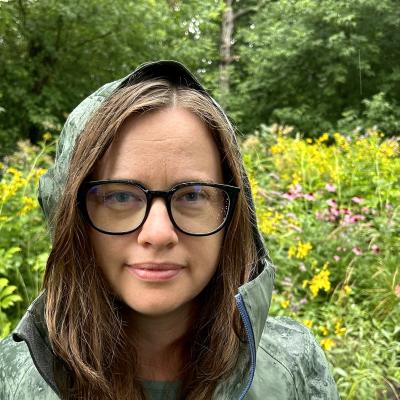The Solutions Scholars program sponsors UBC Master’s and PhD students to apply their scholarly research to climate change mitigation, adaptation, and/or education. Twelve students have been selected as scholars for the 2025 - 2026 cohort, focusing on projects submitted by interdisciplinary teams of researchers.










